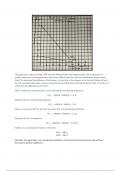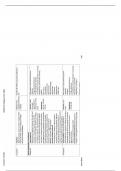Essay
British Politics Essays (Y113)
- Module
- British Politics (Y113)
- Institution
- OCR
Here are some practice essays from the OCR A History A Level past exams that helped me achieve an A star grade. I have included the score I got for each one with the brief feedback I was given in order to improve them. I hope they help on how to structure your essatys and the kind of content to inc...
[Show more]








